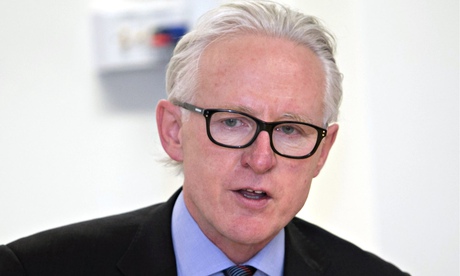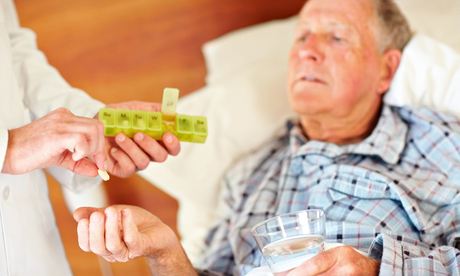Hospitals had to provide 4,500 extra beds a day at the height of the pressures this winter to avoid “a full-blown crisis”, NHS bosses have revealed.
That is the equivalent of creating more than eight extra hospitals to cope with unprecedented demand in recent months when large numbers of patients were stuck on trolleys and in the back of ambulances outside A&E units.
The NHS in England came under such intense pressure that patients found hospitals “distressing and potentially dangerous”, according to a report from NHS Providers.
The organisation, which represents the majority of NHS trusts in England, claims hospitals are close to “breaking point” as they become overcrowded all year round.
Its analysis of NHS England data on how hospitals performed during December, January and February shows they had to add sometimes dozens of “escalation” beds at short notice so they could admit every patient who needed to stay in. Some used rehabilitation gyms and other areas not usually used for patients.
Chris Hopson, the chief executive of NHS Providers, said: “This has been the busiest winter ever for the NHS. Be in no doubt, these figures show a system running hot and – in particular times and places – overwhelmed by the demands placed on it, risking patient safety.”
In the NHS’s busiest week this winter, between 30 January and 5 February, hospitals opened up a total of 32,558 additional beds. They created almost as many overflow beds in the first half of February, when cold weather added to existing pressures.
Patients had to be diverted from one hospital A&E unit to another 476 times over the winter – almost double the 266 of last winter, NHS Providers says.
“As pressure continues to grow, the likelihood of more trusts reaching and moving beyond breaking point increases,” said Deborah Gulliver, a senior research analyst with NHS Providers. “For patients these difficulties are distressing and potentially dangerous. They are also demotivating and demoralising for the clinical workforce. It is thanks to the extraordinary efforts of frontline staff that we have made it through this winter period without a full-blown crisis. However, trusts are telling us that it was a close-run thing.”
The heavy demand on the NHS all year round was leading to worryingly high levels of bed occupancy, she added. Bed occupancy reached 96% this winter, above the 85% considered safe.
“So the resilience of trusts to deal with unexpected spikes in pressure, such as flu outbreaks and norovirus, is compromised. We cannot afford to ride our luck indefinitely,” Gulliver said.
Jonathan Ashworth, the shadow health secretary, said: “This stark warning from NHS Providers makes clear this has been an NHS winter like never before.
“Theresa May’s refusal to take seriously the twin threat of NHS underfunding and rising demand has pushed services to the brink. The direct result of the prime minister’s stubbornness has been a collapse in standards of patient care, with the worst performance on record for A&E and most hospitals dangerously overcrowded.”
NHS Providers is urging Jeremy Hunt, the health secretary, to order a review of how the NHS coped this winter in order to learn lessons and prevent hospitals from coming so close to not coping in future. The current situation is “not sustainable” for the NHS or patients, it argues.
Meanwhile, a poll of 96 MPs of all parties by the Royal College of Emergency Medicine, which represents A&E doctors, has found that only 33% of them believe A&E departments have enough money and staff to provide safe care. More than six in 10 MPs believe A&E departments need more money, said the college.
NHS forced to provide 4,500 extra beds a day


